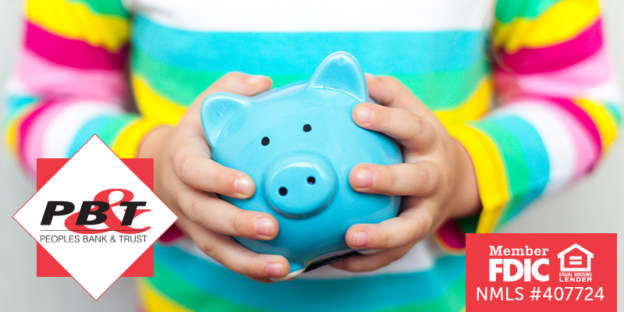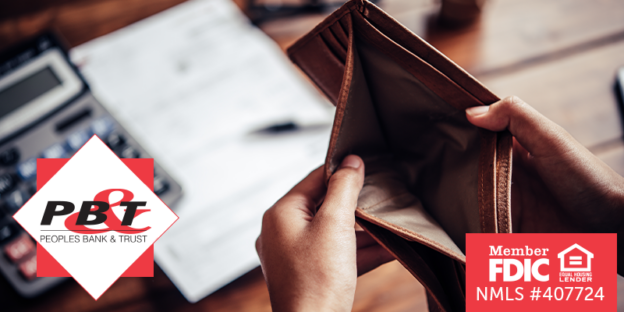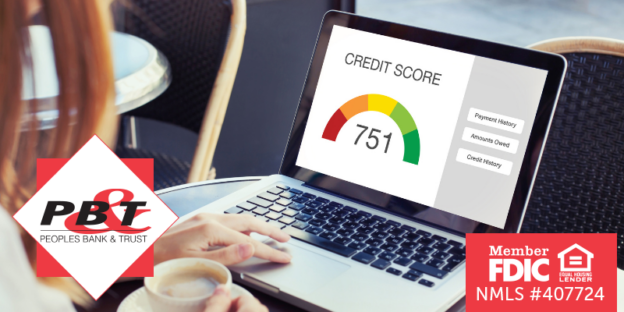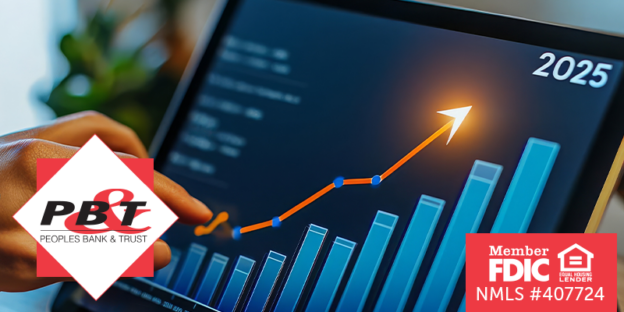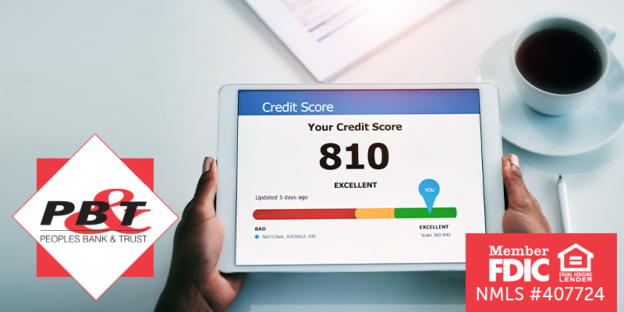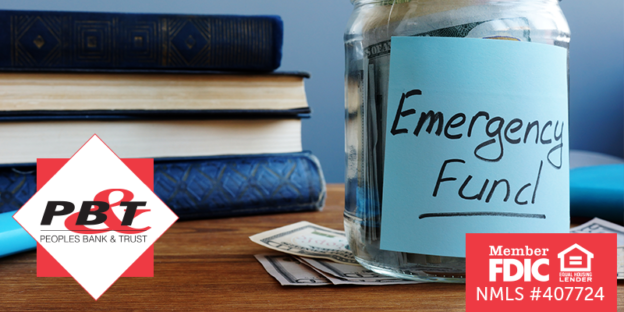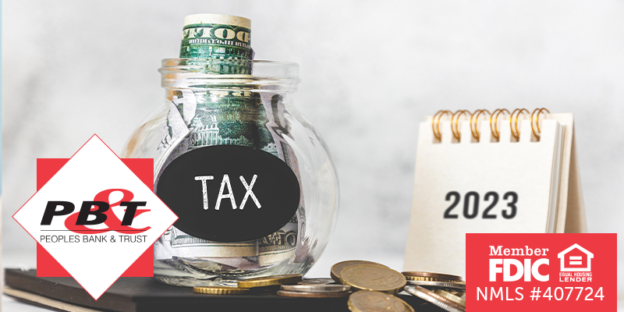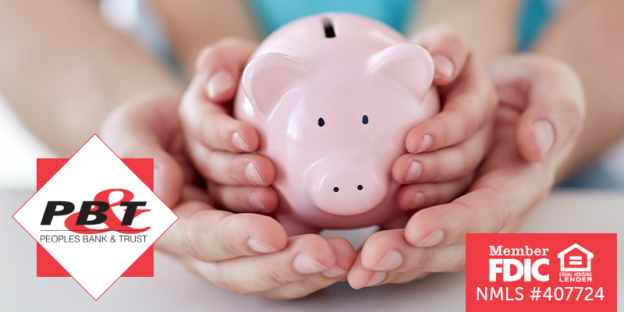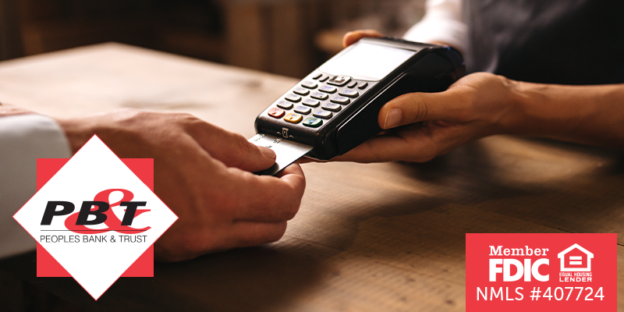Introducing your child to the world of banking can be a game changer. Teaching financial responsibility early on not only empowers kids but also lays the foundation for a lifetime of smart money management. This guide will help you decide when the time is right and how to select an account that encourages both learning and independence. Let’s jump in!
Recognizing the Right Moment
Deciding when to open a checking account for your child depends on several factors:
- Signs of Financial Curiosity: If your child asks questions about money, savings, or spending, it might be time to take the next step.
- Basic Math and Responsibility: When they’re comfortable with numbers and simple budgeting concepts, they’re ready for a more formal introduction to money management.
- Regular Income: Whether it’s through allowances, gifts, or small jobs, having a steady influx of money is a good signal that they’re prepared to learn about managing funds.
What to Look for in a Kid-Friendly Account
When evaluating account options, keep these features in mind:
- Low or No Fees: An account with minimal fees helps prevent unnecessary charges while your child is learning.
- Parental Control: Choose an account that allows you to monitor activity, ensuring guidance along the way.
- User-Friendly Tools: Look for online or mobile banking features designed for young users, making it easier to track spending and set saving goals.
- Debit Card with Limits: A debit card that allows controlled spending can be an excellent practical learning tool.
Practical Tips for Teaching Financial Basics
- Goal Setting: Help your child set realistic savings goals, whether it’s for a new toy, a game, or a future expense.
- Budgeting Lessons: Introduce simple budgeting concepts by dividing money into categories like spending, saving, and even sharing with others.
- Regular Reviews: Schedule periodic check-ins to go over their account activity and discuss what’s working and what could be improved.
- Learning from Experience: Encourage them to learn from mistakes. A small error in judgment can serve as a practical lesson in balancing wants and needs.
- Celebrate Progress: Acknowledge milestones to reinforce positive financial habits and boost their confidence.
Steps to Get Started
- Research Options: Begin by exploring the various checking accounts available for children and determine which features best align with your family’s needs.
- Visit a Branch: Speaking with a banking professional can provide personalized advice and help answer any questions you may have. Stop by a Peoples Bank and Trust branch near you today.
- Gather Documentation: Be prepared with necessary identification for both you and your child, along with any additional paperwork required.
- Set Up Digital Access: Establish online banking access so that you and your child can monitor account activity together.
Benefits for Your Child’s Future
- Early Financial Literacy: A child-friendly checking account offers an early introduction to managing money responsibly.
- Sense of Ownership: When children see their money in an account, it fosters a sense of independence and accountability.
- Practical Budgeting Experience: Regular exposure to banking practices sets them up for smarter financial decisions later in life.
Open a Checking Account for Your Child Today
Opening a checking account for your child is more than just a banking decision—it’s an investment in their future. By choosing the right moment, selecting a suitable account, and guiding them through the basics of budgeting and saving, you can help them build a strong financial foundation. Peoples Bank and Trust is here to support you on this journey, offering practical solutions and expert advice every step of the way.
Explore Checking Account Options
Peoples Bank & Trust Co.
Member FDIC, Equal Housing Lender
NMLS #407724


